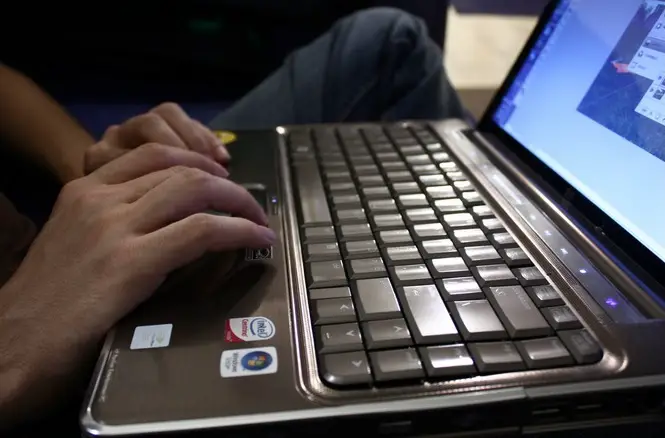Slow computers are incredibly frustrating for everyone. There are many reasons why a computer might be running slowly or sluggishly, but thankfully, pretty much all of these issues can be fixed. Read on for seven steps you can take to make your computer run as efficiently as possible.

1.Don’t ignore warnings and signs
Some computers, including MacBooks, emit warnings when memory is getting low. There are lots of other signs to look out for too. Don’t ignore these messages and warnings. If the computer is telling you about this, it means that it detects something is wrong and that problems could be on the horizon. Slow computers can also become unreliable. They can struggle under the burden and may start to freeze or even turn off entirely. This is a nightmare if you have unsaved work or are working to deadline. Don’t let this happen by taking heed of what your computer is telling you.
2. Uninstall unnecessary software
This step should be taken whenever you get a new device, and then periodically from then onwards. New computers are installed with various free programs. Great, you might think. Well, this is great for some of those programs; you’ll use them lots and be appreciative to have them. However, the likelihood is you won’t use all of them. Get rid of them. Check in every few months to see if you are still using all of your programs. You might have needed one for a project that is now over, for instance. If so, delete them. You can always re-download them at a later date if you need them again.
3. Tidy your desk(top)
Did you know that storing items on your desktop uses up more of your computer’s memory than storing them away into folders? Low memory is one of the main causes of a slow computer, so don’t let your desktop get messy. Put your documents and files into folders immediately, and do a weekly spring clean of anything that doesn’t need to be on the desktop.
4. Move items onto memory cards
If your computer is packed to the rafters with files, it is going to make it run slowly. Whether you have lots of photographs, videos, files or customer information, it can be quick and easy to over stuff your system. Instead, store your items onto memory cards. The benefit is three-fold. Firstly you will free up space on your computer, giving it a new-found ability to run efficiently. Secondly, you will a tangible backup of your files. Thirdly, if you need to share these files with others, you can just plug a card in, and go. Most computers have memory card slots these days. However, if you’re concerned, memory card readers are easy to find and affordable. These allow your memory card data to be insert via USB port, which all computers and many TV’s have.
5. Speed up start up
If your system takes forever to load up, you might be asking it to fire up too many programs. When you hit the on button, all of these programs have to compete to open themselves. Narrow this down to only the programs you need immediate access to. Your email account and a Word document, for example. Better yet, don’t have any open automatically. Give the system time to do its thing and fire them up once it’s ready. This info page at http://windows.microsoft.com/en-gb/windows/stop-program-running-automatically-windows-starts#1TC=windows-7 will help.
6. Delete temporary files
You might be surprised to learn just how much space temporary files are taking up on your computer. This is because you are likely downloading them every single time you use your computer. Even though they are supposed to be ‘temporary’, some stay permanently unless you find and delete them. Thankfully, doing this is pretty straightforward and quick. Go to ‘My Computer’ and open your local drive. Open up the ‘Windows’ folder and then the ‘Temp’ folder. Once you’re inside, get deleting!
7. Empty the trash
Just because you hit delete on something, it doesn’t necessarily mean it’s gone. Often it can just mean it gets moved to the Trash. This is a good thing; it protects you from deleting important things accidentally. It gives you a chance to recover them and wipe your brow in utter relief! However, this does also mean that you need to empty to Trash every now and again. Get into the habit of emptying it at the end of every working day, just before you shut down your computer.
[Read also: Boost Computer Speed While Staying on Budget]
[Image credit: Hillary, flickr]

Hi peter,
I always keep a backup of my data in my external hard disk to avoid data loss risk.
And also, you have provided some awesome tips.
Thanks for the share.
I always recommend being aware of where you are downloading stuff from, and make sure you read all the fine print before agreeing to the download. Sometimes they will download a bunch of other software onto your computer – that you didn’t want. Thanks for sharing!